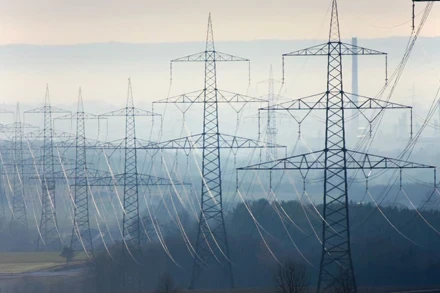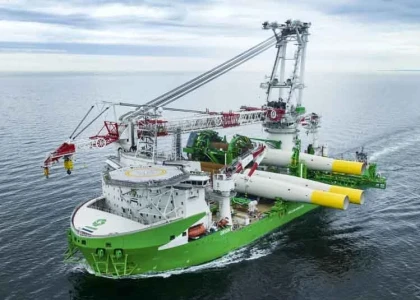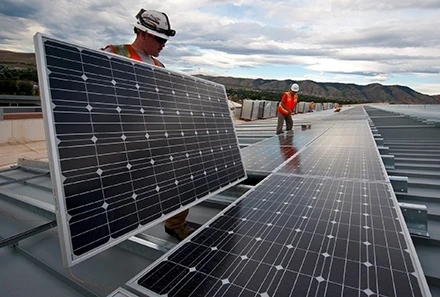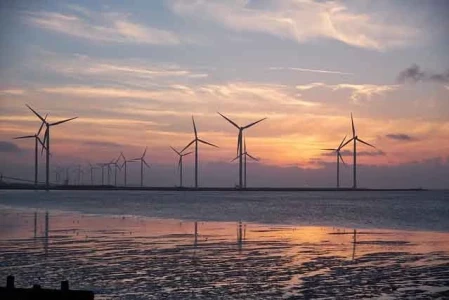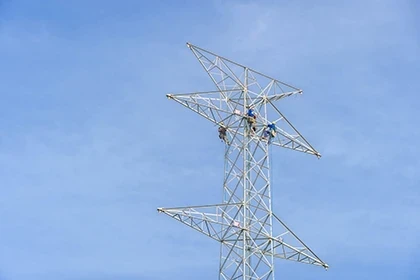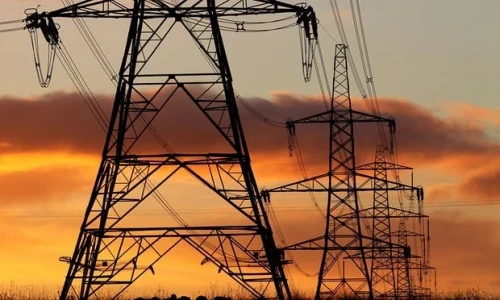Climate Change and Coffee: A Brewing Concern
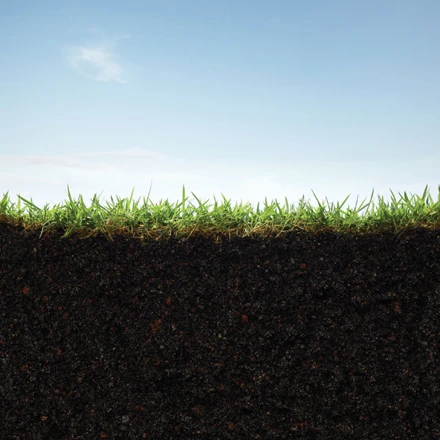
As the world grapples with the urgent need to address climate change, even seemingly unrelated topics—like your morning cup of coffee—are starting to raise important questions about the environmental crisis. In his recent piece for the Ottawa Citizen, columnist David Richardson highlights how climate change is impacting everything from local weather patterns to global food systems, with a particular focus on the world’s coffee supply. As he points out, it’s not just about rising temperatures or stronger storms—climate change is a deeply ingrained problem that reaches into our daily lives in ways we may not immediately recognize.
Coffee: A Symbol of Climate Vulnerability
Richardson uses coffee as an example of how climate change can have ripple effects on industries and products that most people take for granted. Coffee, a beloved global commodity, is grown primarily in regions near the equator, where the temperatures and rainfall patterns are just right for the coffee plants to thrive. But as global temperatures rise and extreme weather events become more common, coffee-growing regions are experiencing disruptions in their delicate ecosystems. These changes are not just abstract concepts—they are already having measurable impacts on both coffee yields and quality.
Many of the world’s top coffee producers, including Brazil, Colombia, and Vietnam, are facing significant challenges due to shifting weather patterns, droughts, and unpredictable rainfall. Richardson emphasizes that these disruptions not only threaten coffee supply chains but also jeopardize the livelihoods of millions of farmers who rely on coffee as their primary source of income. For small-scale farmers, in particular, these changes are devastating, as they often lack the resources or technology to adapt to new climate realities.
Rising Temperatures and Coffee Yields
A crucial factor affecting coffee production is the rising global temperature. Coffee plants are highly sensitive to temperature shifts, and even a slight increase in heat can significantly reduce yields. As temperatures rise, coffee trees face stress that can result in fewer, lower-quality beans. Additionally, many coffee-growing regions have already reached the ideal temperature threshold for coffee cultivation, meaning that further warming could push these regions out of the “coffee belt” entirely.
Richardson highlights that the problem is twofold: it’s not just about hotter temperatures, but also about unpredictable climate events, such as droughts, storms, and irregular rainfall. These events can destroy crops in a single season, wiping out years of hard work for farmers. As climate change accelerates, these disruptions are expected to become more frequent and severe, further destabilizing coffee markets.
The Economics of Climate Change
While the environmental implications of climate change are well-known, the economic consequences are just beginning to be understood. Richardson notes that the coffee industry is worth billions of dollars globally, with millions of people dependent on it for their livelihoods. From farmers to roasters, distributors, and café owners, the coffee supply chain is vast and deeply integrated into the global economy. As climate change threatens the stability of this supply chain, coffee prices could become increasingly volatile.
In addition to supply disruptions, the industry may also face rising costs. As coffee beans become scarcer or harder to produce, roasters and retailers could face higher prices, which would likely be passed down to consumers. Coffee drinkers may soon find themselves paying more for their daily cup of coffee—a stark reminder that climate change doesn’t just impact far-off ecosystems; it has immediate, tangible effects on everyday life.
The Bigger Picture
Richardson’s piece brings to light a broader question: how can the world adapt to the ever-growing challenges of climate change? If something as ubiquitous as coffee is already feeling the effects, what about other vital industries, such as agriculture, transportation, or energy? The reality is that climate change is a systemic problem that transcends individual products or sectors. It is intertwined with nearly every aspect of modern life and demands coordinated global action.
For those who care about the future of coffee—or any other essential resource—the time to act is now. Richardson stresses the importance of mitigating climate change by reducing greenhouse gas emissions, investing in sustainable practices, and developing climate-resilient agricultural systems. The future of coffee, and many other industries, hinges on the ability of governments, businesses, and consumers to work together to reduce carbon footprints and support climate adaptation.
A Call for Action
Richardson’s article isn’t just a meditation on the future of coffee; it’s a call to action. It serves as a reminder that while climate change may feel distant or abstract at times, its effects are already being felt in unexpected ways. Whether it’s the beans in your coffee cup, the food on your table, or the air you breathe, climate change is reshaping the world around us—and it’s time for all of us to take responsibility for that transformation.
As global citizens, we must recognize the need for urgent and sustained action to address the climate crisis. From reducing emissions to supporting sustainable agriculture, the steps we take today will determine the world we leave for future generations. In the case of coffee, and countless other industries, the question is not just whether we can adapt to the changing climate, but whether we can act quickly enough to prevent the worst outcomes. The answer lies in how we choose to act today.

